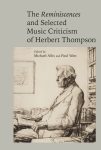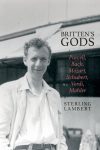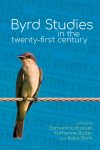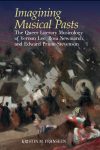The Power of Pastiche
Musical Miscellany and Cultural Identity in Early Eighteenth-Century England
Alison DeSimone
In eighteenth-century England, “variety” became a prized aesthetic in musical culture. Not only was variety—of counterpoint, harmony, melody, and orchestration—expected for good composition, but it also manifested in cultural mediums such as songbook anthologies, which compiled miscellaneous songs and styles in single volumes; pasticcio operas, which were cobbled together from excerpts from other operas; and public concerts, which offered a hodgepodge assortment of different types and styles of performance. I call this trend of producing music through the collection, assemblage, and juxtaposition of various smaller pieces as musical miscellany; like a jigsaw puzzle (also invented in the eighteenth century), the urge to construct a whole out of smaller, different parts reflected a growing desire to appeal to a quickly diversifying England. This book explores the phenomenon of musical miscellany in early eighteenth-century England both in performance culture and as an aesthetic. Musical miscellany, in its many forms, juxtaposed foreign and homegrown musical practices and styles in order to stimulate discourse surrounding English musical culture during a time of cosmopolitan transformation as the eighteenth century unfolded.
“This scholarship is a model of how to use documentary evidence to explore and analyse audience tastes, concert programming, and early music criticism, generously illustrated with music examples. . . . DeSimone not only provides valuable scholarship that gives us a fuller picture of musical life during the beginning of the eighteenth century, she also uncovers new information and repertoire. In my view, The Power of Pastiche is required reading for anyone working in the area of eighteenth-century English music.”
—Vanessa L. Rogers, NABMSA Reviews
About the Author
Alison DeSimone is Assistant Professor of Musicology at the University of Missouri-Kansas City. With Matthew Gardner (University of Tübingen), she co-edited Music and the Benefit Performance in Eighteenth-Century Britain (Cambridge University Press, 2019). She has published articles in the A-R Online Anthology, Händel-Jahrbuch, and Early Modern Women. Her article “‘Equally Charming, Equally Too Great’: Female Rivalry, Politics, and Opera in Early Eighteenth-Century London,” won the 2018 Ruth Solie Prize for an Outstanding Article on British Music from the North American British Music Studies Association. She is also currently an Associate Editor of The Eighteenth Century: Theory and Interpretation.
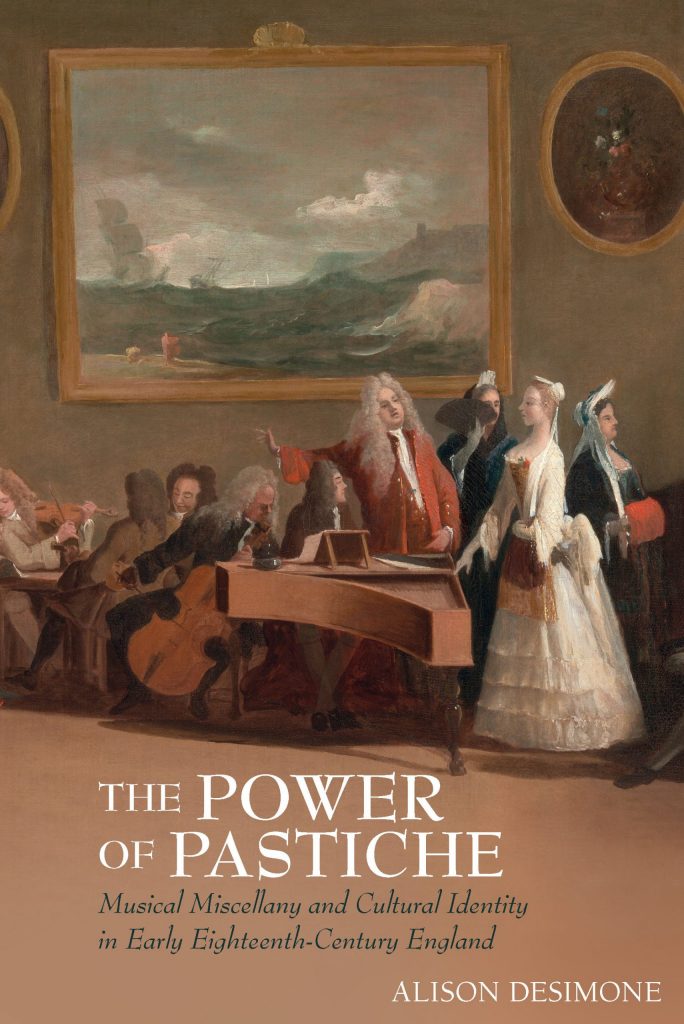 Purchase from Liverpool UP
Purchase from Liverpool UP
Details
Pages: 336 pages
Published: April 2021
Formats
Hardback
ISBN: 978-1-94295-477-4
eBook
ISBN: 978-1-94295-478-1
Subjects
MusicSeries
Studies in British Musical Cultures

